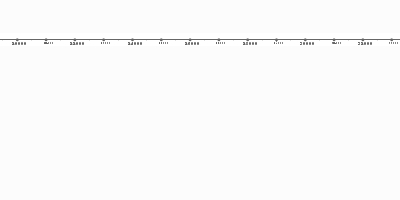The Chinese Cultural Revolution (jan 16, 1966 – oct 6, 1976)
Description:
The Chinese Cultural Revolution lasted from 1966 to 1976 and was a sociopolitical movement led by Mao Zedong, the leader of the People's Republic of China. The aim was to reinforce communism by eliminating capitalist influences and "old" traditions in Chinese society. This period was marked by political chaos, persecution, and violence.By the early 1960s, Mao had lost political influence due to the failures of the Great Leap Forward, which occurred from 1958 to 1962. To regain his influence and promote communist ideas, he launched the Cultural Revolution in 1966. On May 16 of that year, Mao accused his political rivals of being capitalists and called for a mass movement. In August 1966, he created the Red Guards, youth groups that targeted those perceived as foes of communism. These groups often attacked intellectuals, officials, and teachers. Consequently, almost all schools and universities were closed, and students were encouraged to challenge authority figures.
Intellectuals, officials, and citizens who were denounced often faced public humiliation, physical violence, or imprisonment in labor camps in rural areas. Mao sought to eliminate what he termed the "Four Olds," leading to the destruction of many historical and cultural landmarks, such as temples, books, art, and other significant sites. While some Red Guard factions adhered to Mao's directives, they often engaged in violent street confrontations.
Between 1967 and 1968, Mao dispatched the People's Liberation Army to restore order; however, civil unrest persisted. In 1969, Mao declared the revolution a success and began to diminish the influence of the Red Guards. In 1971, Lin Bao, Mao’s planned successor, died in a plane crash.
Mao Zedong died in 1976, and his successor, Hua Guofeng, arrested the Gang of Four—a group of leaders largely responsible for the chaos during the Cultural Revolution. This movement resulted in the persecution of 1 to 2 million people, significant economic instability, and the closure of schools, resulting in a generation known as the "Lost Generation" that lacked education. Countless invaluable historical artifacts and traditions were also lost forever. After Mao's death, Deng Xiaoping emerged as a leader and initiated economic reforms in the late 1970s.
The Cultural Revolution was one of the most destructive periods in modern Chinese history. In 1981, the Chinese Communist Party officially condemned it, acknowledging it as a major mistake. The revolution caused profound tragedies in Chinese society and marked the beginning of a new era of economic reforms.
Added to timeline:
Date:
jan 16, 1966
oct 6, 1976
~ 10 years
